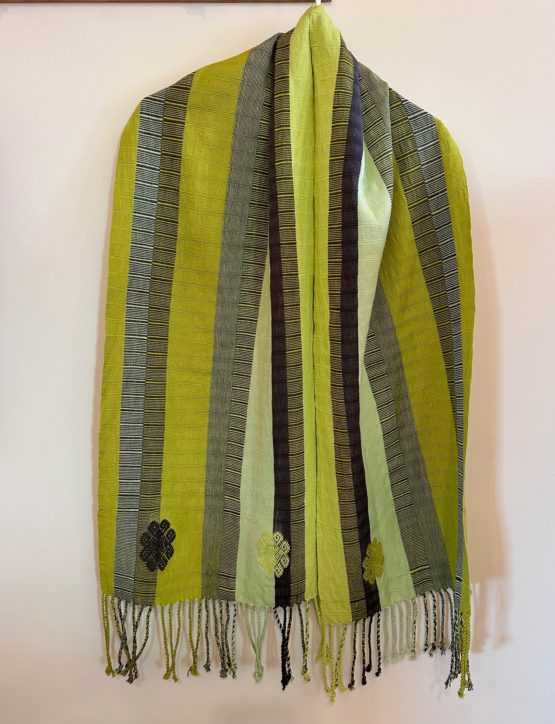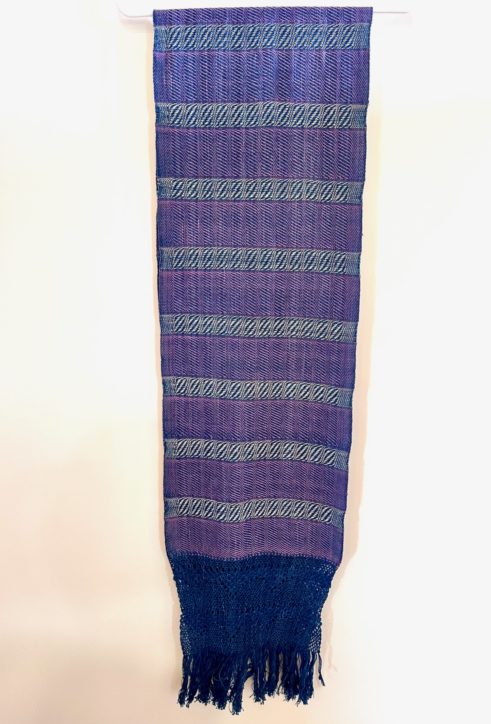Okay, folks. How we say names in the USA that have Spanish origins is a complete mystery to me. I wrote about this on Tuesday with the blog post Salida: Sah-lee-dah or Sah-lye-dah–What’s In a Name? I invited comments and many of you wrote with fine examples of how Spanish is Anglicized to accommodate the misinformed and language deficient in our populace.
Biggest culprit, it seems is Buena Vista, Colorado. Many of you wrote me about how this place is called Bee-ew-nah Vista by locals. Another fine example of Mother Tongue Language Interference (yes, there’s a name for it) Nenolanguageservices.com is Pueblo, Colorado, which’s locals call Pee-ee-blow.
We had a lively discussion. Here is what readers said…
Charlie Dell says …
i always get a tickle out of two streets in Austin, Texas. Manchaca is pronounced Man-shack and Guadalupe, the University of Texas drag, is called Gwad-a-loop.
Nancy Craft says …
Good observations. Also here in Colorado, the city Pueblo is pronounced Pee-ebb-lo or Puey-blo! Here in Telluride, some pronounce our county San Miguel “San Ma-gwell. Limon in pronounced Lyman.
Terri Hamlin says …
Colorado has a town called Bye-ew-nah Vista. (No consistency in mispronunciation)
Sue Korthauer says…
The Americanized version of Buena Vista was specified by Alsina Dearheimer who chose the name for the town, officially selected over other names (easier to say, actually). Some call it Biewnie and others just say BeeVee.
Mary Randall says …
There’s a town in California’s San Joaquin Valley called Sa—lye-dah, too.
Díane Winters says …
As you might imagine, here in California, as in New Mexico, there are too many to count. There’s also another kind of Spanish/English oddity in place names – Spanish names simply accepted now with little understanding of what they actually mean by those who don’t speak Spanish. Two examples. Alameda de las Pulgas, and rather long road running down the peninsula from San Francisco, means Road (or also grove) of Fleas. Then there’s El Sobrante, a town or “census designated place” in Contra Costa County. When land grants were given to Spanish colonials, the once open land was divided up, some of whose boundaries on maps were complicated. Another parcel was labeled el sobrante – “the remainder” – which lives on now as a place name.
Carol Lynn Estes says …
No-GAL-eez, NM just outside of Ruidoso, said Reeah-Dough-suh.
thanks, everyone for reading and adding to the chuckle. We are indeed language impaired.
and Bonnie Tawse adds:
Pueblo is pronounced Pyeeb Low because so many of the first eave of immigrants (who came to work in the steel mill) are of Eastern European and German descent and when in doubt, the pronounce every letter. U is pronounced literally rather than the blended W sound. If you want to really nail it, you say, “Peeyeblow by the reever.” Since Pueblo is on the Arkansas River.
and Deirdre McKee says …
Charlie Dell said what I was going to say about Austin. But now you can tell the old timers from the newbies by how they pronounce those two streets. Old timers pronounce it the incorrect way. I’ve been in Austin now over 50 years and pronounce them the incorrect way.








8 responses to “Pee-ebb-low. Bee-ew-na Veesta. Pronunciation Part 2: Our Readers Say …”